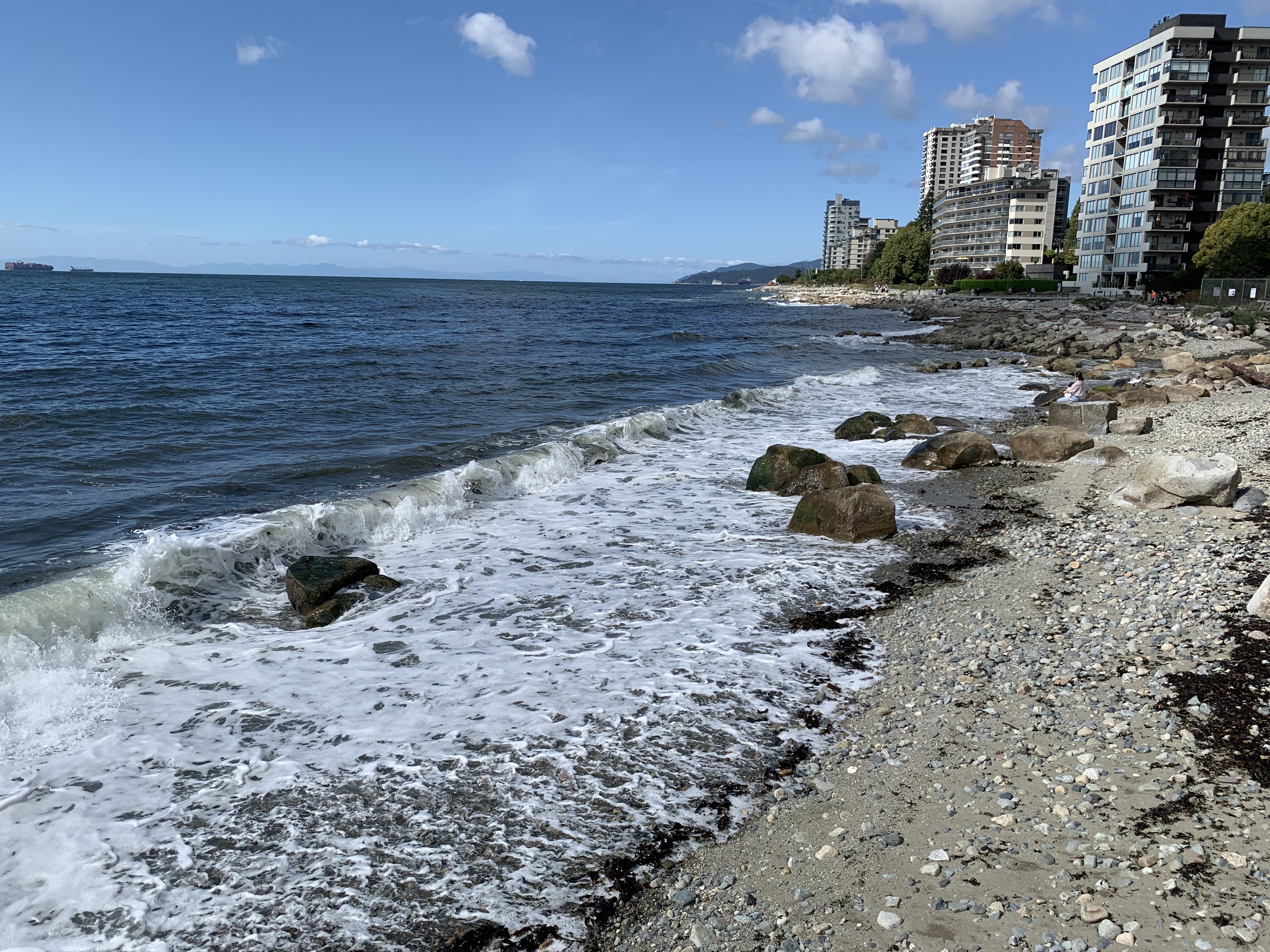Featured Refresh
Text & Image
How is the coronavirus pandemic affecting your life right now? Tell us about your experiences, feelings, and thoughts.
Well I can't believe we are leaving summer behind and fall is well underway. I went to the seawall and walked this past week. I love the ocean. It was windy and there were small waves. It helps me to forget about the pandemic for a brief time. Today I am heading out to White Rock to meet some friends and will again be by the water.. So glad I can socialize more and not be so isolated. Today for the first time i have to use my vaccine passport to go for lunch in a restaurant. It came into effect a week ago and I'm glad … because they are screening for unvaccinated people, it allows the majority to do more things and society doesn't have to shut down now that our case counts are rising. Its a good thing.
October 6, 2021
Text Only
How is the coronavirus pandemic affecting your life right now? Tell us about your experiences, feelings, and thoughts.
This week, I read a lot of interesting articles that underlined the importance of:
a) taking the time to grieve the losses inflicted by COVID (not just the loss of loved ones or the loss of physical health for those suffering from long COVID, but also the loss of our routines, our certainty about the future, potential friendships, experiences, etc.)
b) recognizing that COVID is a mass trauma that is bound to have specific psychological effects.
I suspect that the timing is because we are one year into the pandemic, and anniversaries are usually a time to reflect.
The articles on grief remind me of a quote from The Office, where Michael says: "It is my job to get them all the way through to acceptance, and, if not acceptance, then just depression. If I can get them depressed, then I'll have done my job." It's weird because I feel depressed all the time and the memes on Zoom Memes for Self Quaranteens suggest that pretty much everyone (at least young people) are going through something like depression. So I'd have assumed we were "almost all the way there". And yet when I think about it, I realize that as a society, we haven't even begun the grieving process. As a society I feel like we're stuck in denial. Denial in the sense that I keep hearing this constant refrain of "Once all this is over, everything will be back to normal". It's not just individuals I hear this from, it's institutions. As far as I can gather, my university is planning for everything to resume "as normal" starting this fall: all students living on campus, all or mostly in-person classes, student gatherings permitted, with maybe the only big change being masks required in public places. But the problem is that the more people repeat this refrain of "everything will be back to normal", the more they delay that process of realizing that normal is never coming back. Sure, the *trappings* of normality will return: we'll be able to go back to the office, hang out with our friends guilt-free and go to bars and such. But from a psychological perspective, we will never be the same again. We will never go out and meet new people with as much reckless abandon as we used to. We will never plan our future with the same confidence that things will work out. We will never have the same faith and trust we used to in our institutions. I think people repeat this refrain of "back to normal" so often because they don't want to acknowledge that they lost something. They want to imagine that quarantine and shutdown was like taking down a tent, folding it up, and putting it in a closet until better weather comes around. Whereas in reality, quarantine and shutdown was more like demolishing a house. Sure, you can rebuild the house according to your initial blueprint, but your new house will never be the same as the old house. Maybe the paint you used for the outside just isn't sold anymore, or maybe the stair steps are just a little too high. That doesn't mean that your new house is bad; in fact, your new house may be better in some ways (maybe you got double-paned windows and you rewired the electricity to optimize for solar panels). But I don't think you can really fully appreciate the new house until you accept that the old house is gone and trying to resurrect it is futile.
I personally find myself hard pressed to treat my personal losses as something to grieve when society does not see it that way. It's frustrating because I do think that I need to go through that grieving/healing process, and as a society we need to do so as well. But it's hard when no one else sees it that way. I keep hearing over and over from well-meaning friends, through social media, through some news articles: "Don't fret, don't worry, everything will go back to normal eventually". That was a nice message maybe in March or April 2020,
March 11, 2021
